info.timesofjournal@gmail.com
শুক্রবার, ৪ জুলাই ২০২৫
২০ আষাঢ় ১৪৩২
২০ আষাঢ় ১৪৩২
European factories show more signs of recovery
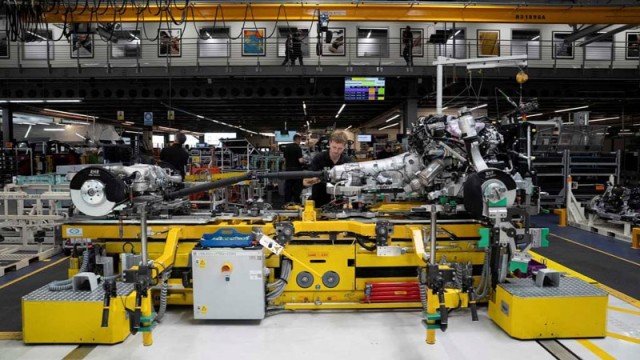
Factory activity across Europe showed more signs of steadying in June but shrank in many Asian economies as concerns over US tariffs kept demand low while signs of modest relief for manufacturers raise the stakes in trade talks with Washington amid gloomy economic recovery prospects. The euro zone HCOB manufacturing Purchasing Managers' Index, compiled by S&P Global, edged up to 49.5 in June from
Factory activity across Europe showed more signs of steadying in June but shrank in many Asian economies as concerns over US tariffs kept demand low while signs of modest relief for manufacturers raise the stakes in trade talks with Washington amid gloomy economic recovery prospects. The euro zone HCOB manufacturing Purchasing Managers' Index, compiled by S&P Global, edged up to 49.5 in June from 49.4 in May, its highest level since August 2022, but remaining below the 50 mark denoting growth in activity, Reuters reports. "There are signs of some stabilisation in the manufacturing sector. Companies have now expanded production slightly for the fourth month in a row, order intake has ceased to fall, and slightly longer delivery times also indicate that demand is picking up a bit," said Cyrus de la Rubia, chief economist at Hamburg Commercial Bank.
Still, the surveys revealed stark differences across the currency bloc. Ireland recorded the highest PMI at a 37-month peak and Greece, Spain, and the Netherlands also posted readings above 50. Meanwhile, Germany's manufacturing PMI reached its highest in nearly three years though it still indicated contraction. On the other hand, France, Italy and Austria registered faster declines in manufacturing conditions, weighing on the bloc's overall performance. In Britain, outside the European Union, the manufacturing sector showed some signs of turning a corner in its long slump. But the underlying softness in surveys released on Tuesday highlights the challenges facing policymakers as they try to navigate US President Donald Trump's moves to shake up the global trade order with sweeping tariffs. Major central bank chiefs began their annual get-together organised by the European Central Bank on Monday, and one issue permeating their discussions is: Could Trump's protectionist and unpredictable economic policies bring an end to the system that has ruled global finance for 80 years?
Despite the clouded outlook Japan's manufacturing activity expanded for the first time in 13 months, and South Korea's activity contracted at a milder pace, private surveys showed on Tuesday. China's Caixin PMI also expanded in June due to an increase in new orders, confounding an official survey that showed activity shrinking for a third straight month.
However, stalled trade talks with the United States, prospects of weakening global demand and lacklustre growth in China will likely weigh on Asia's factory activity, analysts say.
"We must recognise that the external environment remains severe and complex, with increasing uncertainties. The issue of insufficient effective demand at home has yet to be fundamentally resolved," said Wang Zhe, economist at Caixin Insight Group on China's PMI.
"We must recognise that the external environment remains severe and complex, with increasing uncertainties. The issue of insufficient effective demand at home has yet to be fundamentally resolved," said Wang Zhe, economist at Caixin Insight Group on China's PMI.
The Caixin/S&P Global manufacturing PMI rose to 50.4, surpassing analysts' expectations in a Reuters poll.
Japan's final au Jibun Bank PMI rose to 50.1 due to an upswing in output, but overall demand remained weak as new orders shrank on concern over UStariffs.
Factory activity in South Korea contracted for the fifth straight month though the pace of decline eased due to companies' relief over a snap presidential election on June 3 that ended six months of uncertainty.
The PMI came after separate June data showed exports from Asia's fourth-largest economy rebounded but shipments to the USand China remained weak.
The steep import levies imposed and then paused by Trump have upended global trade and left many economies heavily reliant on exports to the USin a quandary.
Negotiators from major US trading partners are rushing to reach deals with Trump's administration by a July 9 deadline to avoid import tariffs jumping to higher levels.
While China is continuing its negotiations for a broader trade deal with the U.S., Japan and South Korea have so far failed to win concessions on the tariffs imposed on their mainstay export items like automobiles.
In manufacturing, India was a significant outlier in the region last month, as activity accelerated to a 14-month high, driven by a substantial rise in international sales that helped spark a record-breaking spurt in hiring.
END/MH/HON




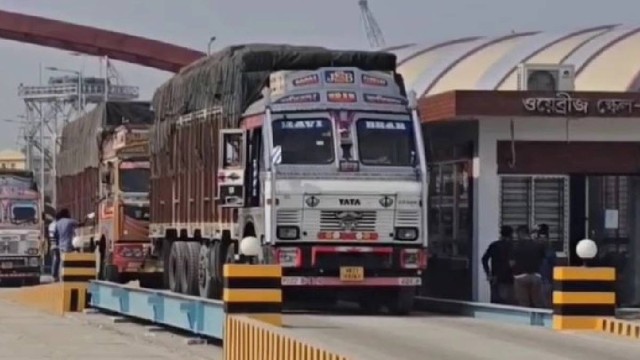
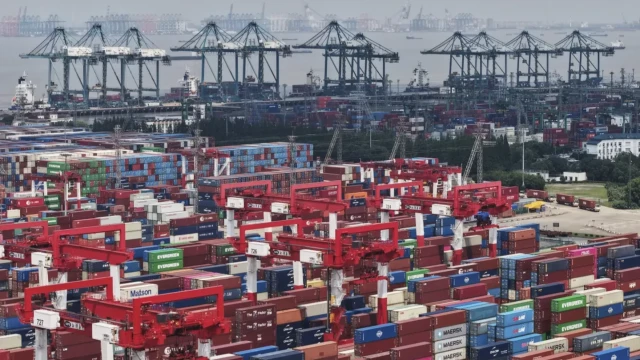
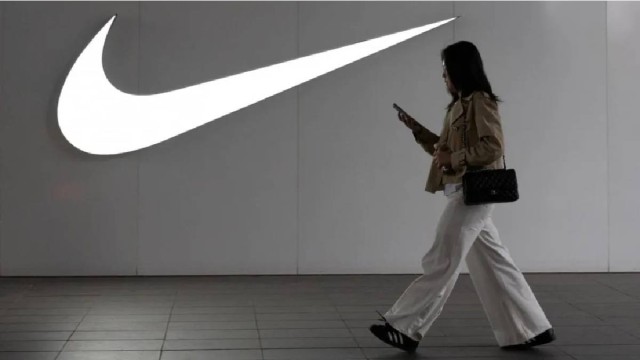

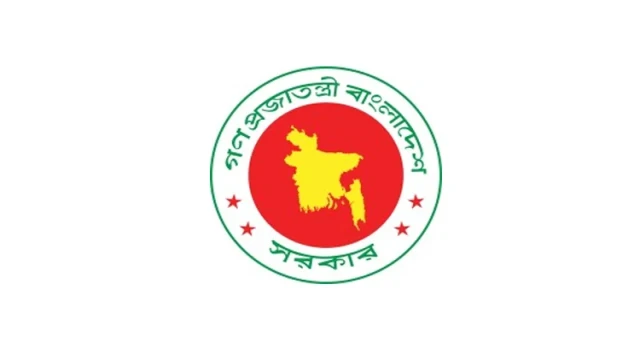
Comments here: